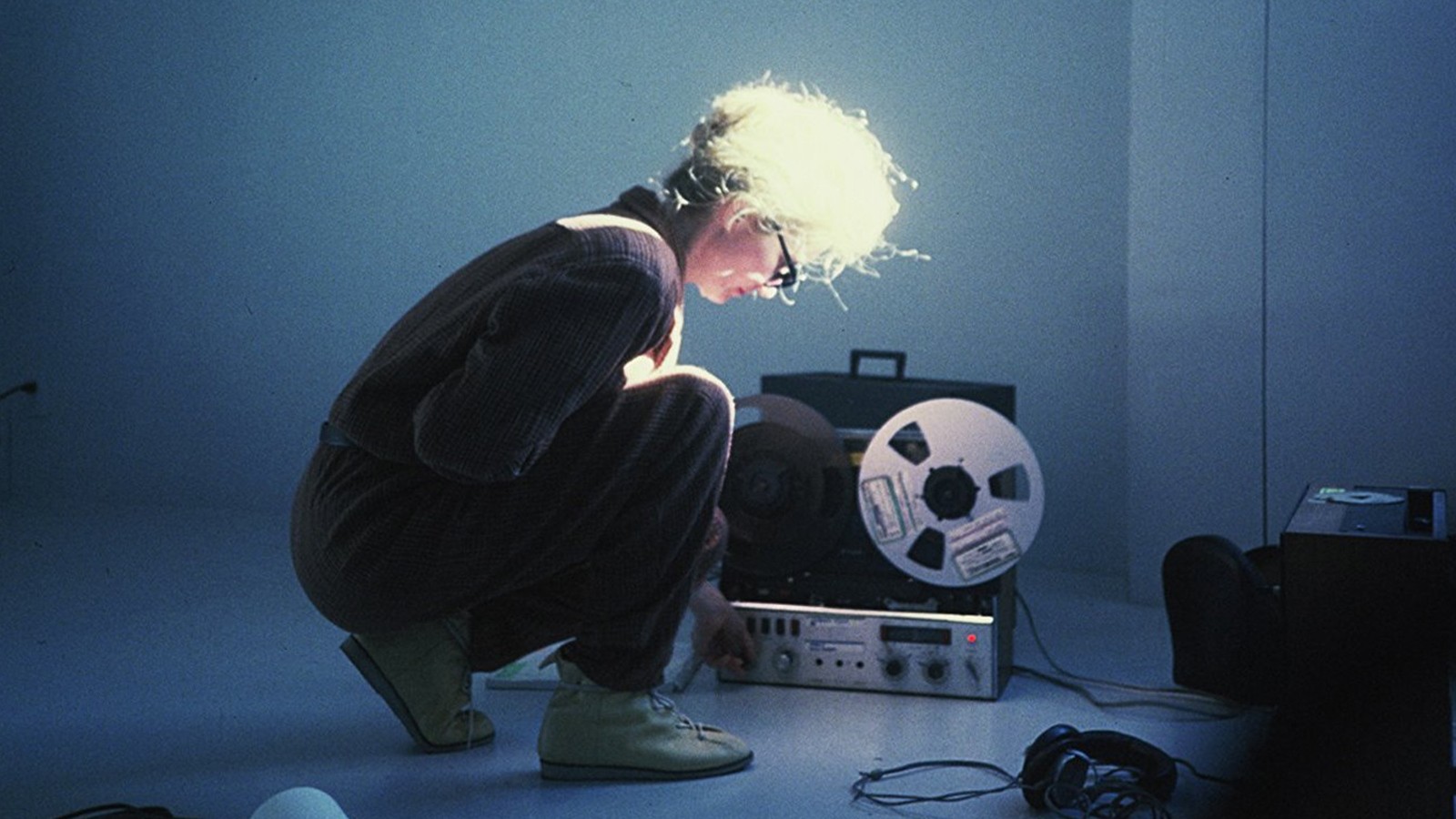The Graduate Center’s Art Science Connect is delighted to host Amy Cimini, Bill Dietz, and David Grubbs as they delve into the legacy of Maryanne Amacher (1938-2009), a legendary figure in electronic music, sound installation, telematic performance, and media art whose archive was recently acquired by the New York Library for the Performing Arts.
After years of intensive engagement with this pioneering, interdisciplinary artist, Cimini and Dietz will talk about the broad implications and challenges of Amacher’s situated and idiosyncratically rigorous body of work, as well as the ruptures that this radical figure rips open in our inherited notions of canonization. In their discussion with composer David Grubbs, they will present their research, along with images, sounds, and video from the Amacher archive.
Recent publications include Cimini’s and Dietz’s edited collection Maryanne Amacher: Selected Writings and Interviews (Blank Forms Editions) and Cimini’s Wild Sound: Maryanne Amacher and the Tenses of Audible Life (forthcoming, Oxford University Press).
_ _ _ _ _ _ _ _ _ _ _ _ _ _ _ _ _ _ _ _ _ _ _ _ _ _ _ _ _ _ _ _
Amy Cimini is a historical musicologist and violist who specializes in 20th-century philosophy and political thought with an emphasis on embodiment and ethics in experimental practice. She has published numerous articles on technologically-mediated listening across media as well as labor, genealogies of the body and feminist politics of life. As a violinist, Cimini’s electroacoustics engage regional sound worlds and practices. She is a member of Braxton’s Tri-Centric Orchestra and, with Katherine Young, constitutes half of the duo Architeuthis Walks on Land. Cimini is currently Assistant Professor of Music at UC San Diego and Affiliate Faculty in the Critical Gender Studies Program. Her first book, Wild Sound: Maryanne Amacher and the Tenses of Audible Life (Oxford University Press) is forthcoming.
Bill Dietz is a composer and writer, born in Arizona. His artistic and theoretical work centers on reception, specifically on listening – its histories, forms, and performance. Dietz’s work is often presented in festivals, museums, and academic journals, but also in apartment buildings, magazines, and on public streets. Large-scale works have been realized in sites such as Le Corbusier’s “Cité radieuse” in Marseille, where he worked long-term with inhabitants of the apartment building to articulate social structures with sound, or along the entire length of “Im Stavenhof,” a street in Cologne along which he synchronized all participating inhabitants’ home stereos. He has published two books of listening scores – one on his “Tutorial Diversions” series, meant to be performed at home; and the other, made up of “concert pieces,” based on historical and contemporary audience behavior and staging. In 2013 Dietz co-founded Ear│Wave│Event with Woody Sullender. Since 2012, he is co-chair of the Music/Sound Department in Bard College’s Milton Avery Graduate School of the Arts.


